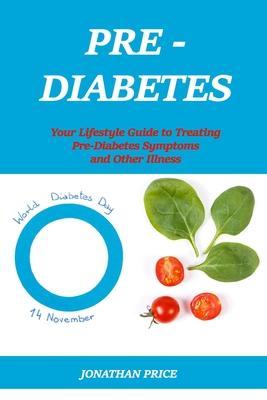WHAT IS PREDIABETES? HERE'S WHAT YOU NEED TO KNOW
If you've been told you have diabetes, there are steps you can take to prevent prediabetes from becoming type 2 diabetes.
The most obvious is taking a look at your food choices. By eating whole (minimally or unprocessed) foods (ie, whole wheat vs blanched white flour-based products, white rice, potato chips-which are a far cry from a baked potato), addressing overweight and staying at a healthy weight, and committing to some physical activity-which can be a walk or two daily-is enough to help get your blood glucose level back into the normal range. That's the key to assuring you avoid not only the onset of diabetes but all the related complications including heart disease, vision, loss, nerve damage, and kidney failure.
How much do you know about this condition and what it might mean for you?
What Are the Symptoms that Suggest You May Be Heading Toward Diabetes?
Diabetes develops very gradually, so when you're in the prediabetes stage-when your blood glucose level is higher than it should be-you may not have any symptoms at all. You may, however, notice that:
- you're hungrier than normal
- you're losing weight, despite eating more
- you're thirstier than normal
- you have to go to the bathroom more frequently
- you're more tired than usual
All of those are typical symptoms associated with diabetes, so if you're in the early stages of diabetes, you may notice them.
Recognizing Prediabetes: Common Causes and Risk Factors
Prediabetes develops when your body begins to have trouble using the hormone insulin. Insulin is necessary to transport glucose-what your body uses for energy-into the cells via the bloodstream. In pre-diabetes, your body either doesn't make enough insulin or it doesn't use it well (that's called insulin resistance).
If you don't have enough insulin or if you're insulin resistant, you can build up too much glucose in your blood, leading to a higher-than-normal blood glucose level and perhaps prediabetes.
Researchers aren't sure what exactly causes the insulin process to go awry in some people. There are several risk factors, though, that make it more likely that you'll develop pre-diabetes.
Know the Lifestyle Recommendations for Taking Control of Prediabetes
